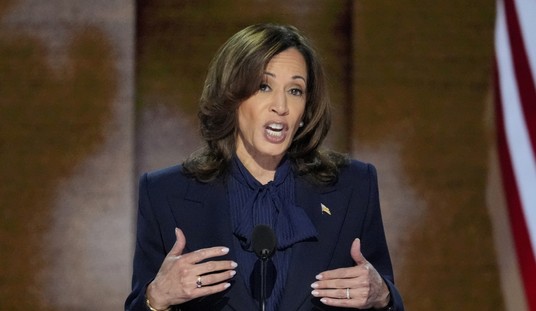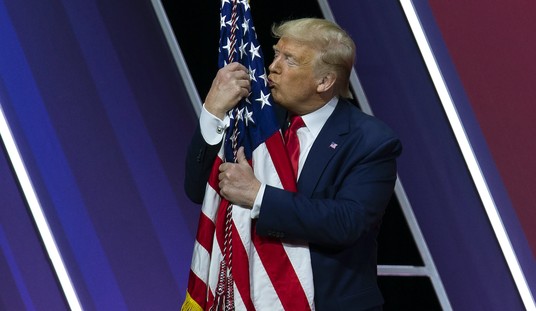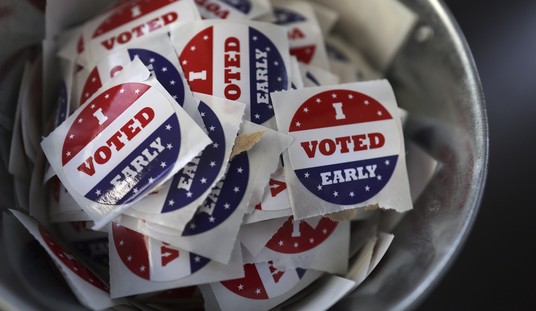I have a confession to make.I am a thirty-something pundit on television and radio and I am frequently aggravated by many twenty and thirty-something pundits on television and radio. It is even a non-partisan aggravation.We all make mistakes and I am sure someone can be critical of me for the same reason I find so many up and coming political pundits so aggravating, but I try to do my homework. I do keep a Lexis-Nexis account. I do read my history books. Mistakes happen, but it seems a lot of up and coming soon to be somebodies are making needless mistakes.This may sound like a Matt Lewis inspired “get off my lawn” screed, but put very simply, a lot of pundits of the twenty and thirty-something variety have absolutely no sense of history. For them, partisan politics began at Bush vs. Gore and history did not exist before November of 2000.Made worse are the pundits who decide to completely re-write history to fit their narrative, no matter how wrongheaded, foolish, or just plain dumb their re-write is. A good example of what I’m talking about comes from Ben Domenech’s excellent Transom.Ezra Klein, who once said no one pays attention to the constitution because it is so old, has decided Jimmy Carter’s “malaise speech” was popular. You will no doubt be not exactly surprised to learn that Hendrik Hertzberg totally believes the malaise speech was awesome too. Hertzberg was the speechwriter.But that gets history wrong. Twenty and thirty-something pundits should know better.
As Ben Domenech, himself a former speech writer, notes in the context of Presidential speeches, the Carter speech was popular at first, but historically it is wrong to say it was popular as it came to be viewed very negatively. A pundit claiming it was popular should really note the popularly was fleeting instead of simply claiming it was popular. To this day, when seasoned politicos reference “malaise speeches” they do not mean popular speeches.From Ben Domenech, relevant to the larger question of Presidential speeches:
These two pages from Steve Hayward’s book share some reaction. Hayward notes that at the time, The New Republic editorialized that the speech was a “pop sociology stew” filled with “servile flatteries”: “Carter seems to think that teaching us to sing ‘Let a Smile Be Your Umbrella’ can be a substitute for leading us in out of the rain. Fortunately, he utterly lacks the rhetorical skill for such a con job.” The Economist labeled it “amateurism.” One labor leader who had supported Carter in 76 was quoted as saying: “The fault is his, not ours, and asking us to say something nice about America is like Gerald Ford telling us to pin on little lapel buttons and Whip Inflation Now.” The point is that the people responded positively in the immediate, but a critical eye quickly tore the speech apart. It became the starting point for mockery of Carter’s essential failing: that, as Hayward has written elsewhere, that “Carter ran for president promising us ‘a government as good as the people,’ only to discover the people were no good.” This should serve as a reminder that speeches aren’t just assessed in the immediate – it’s whether they have lasting value that matters and determines their relevancy over time. [Emphasis added]
Too many pundits say stuff like “the malaise speech was popular” and it seems most of the ones who do are the twenty and thirty somethings who really have no sense of history. I was four years old when Carter gave that speech and I am aware enough of history to know that the reception to the speech hurt Carter.Matthew Yglesias is another example of pundits who just have no basic awareness of things that lead them to ask dumb questions like “Why does Ohio have so many separate medium-sized cities instead of a single giant metropolis?” and pondering why Miami didn’t expand more to the west, etc.Every pundit will make mistakes or get history wrong. I am as guilty as any. But I am noticing more and more that as organizations on the left and right and the media in general rush to build up a core of young pundits, they are getting noncontroversial, readily agreed to by both sides, history wrong.A few weeks ago I talked to a young conservative pundit who will go nameless (no offense for bringing this back up) who mouthed off the standard pablum that Ronald Reagain in 1980 was a shoo-in, everyone knew he would be the nominee, and it was nothing like this year’s primary. He did not know that there was an effort to get Gerald Ford to run in 1980. He did not know that Republican leaders in Washington pushed George H. W. Bush aggressively as a way to stop Reagan. He did not even know that John Anderson had been a Republican before bolting to run as an independent.As pundits get old and eventually die, they will certainly be replaced by younger people. But left or right, I hope they learn to use Lexis-Nexis or at least read through wikipedia before offering up opinions without any historic context of anything that might have happened before George Bush beat Al Gore by a few hundred votes in Florida.Now get off my lawn.














Join the conversation as a VIP Member